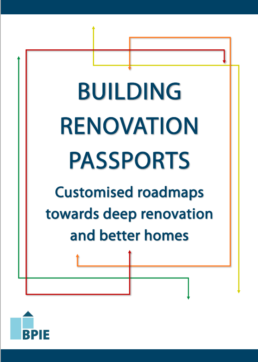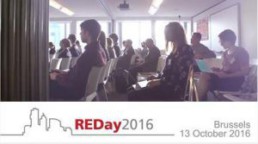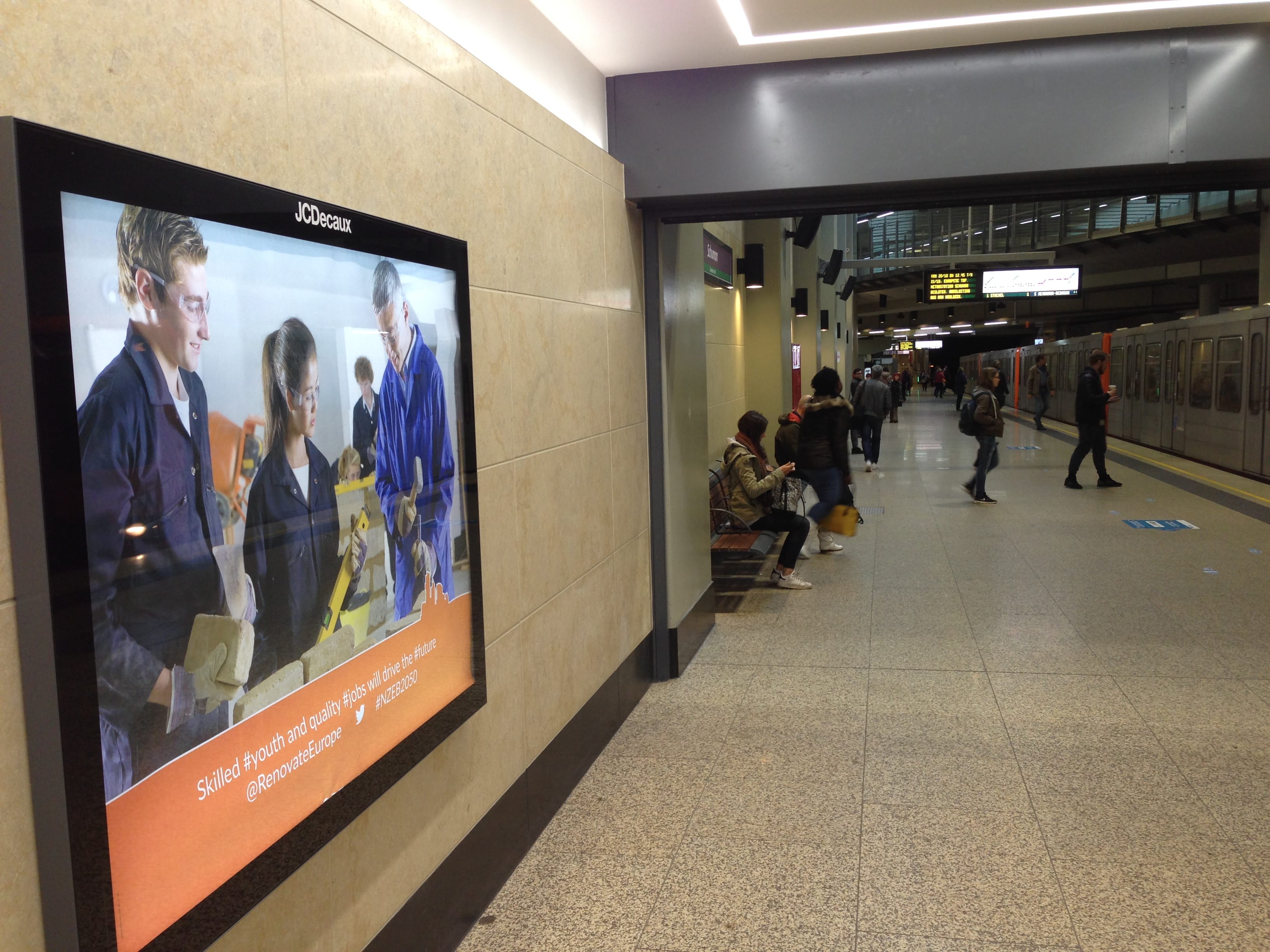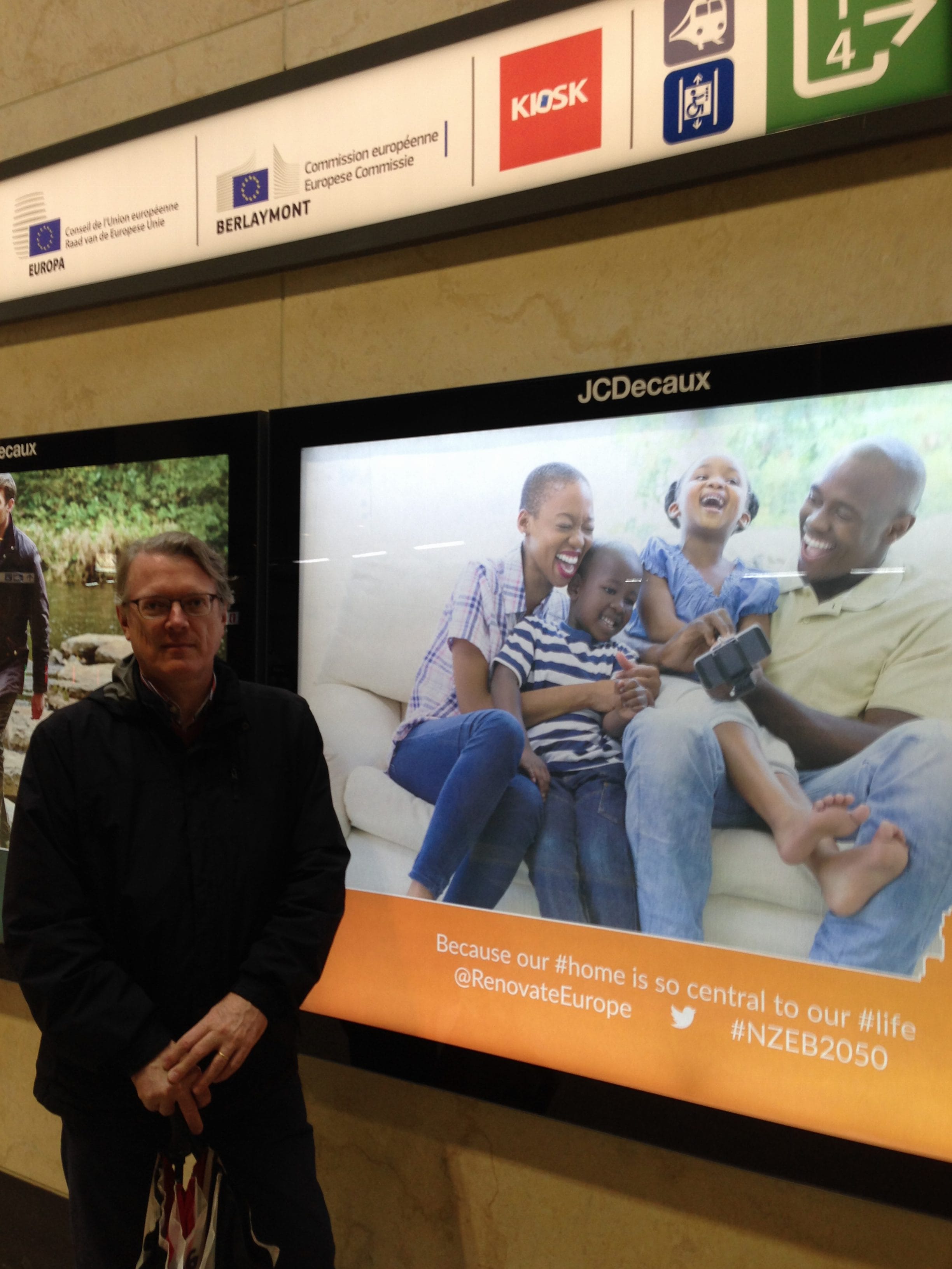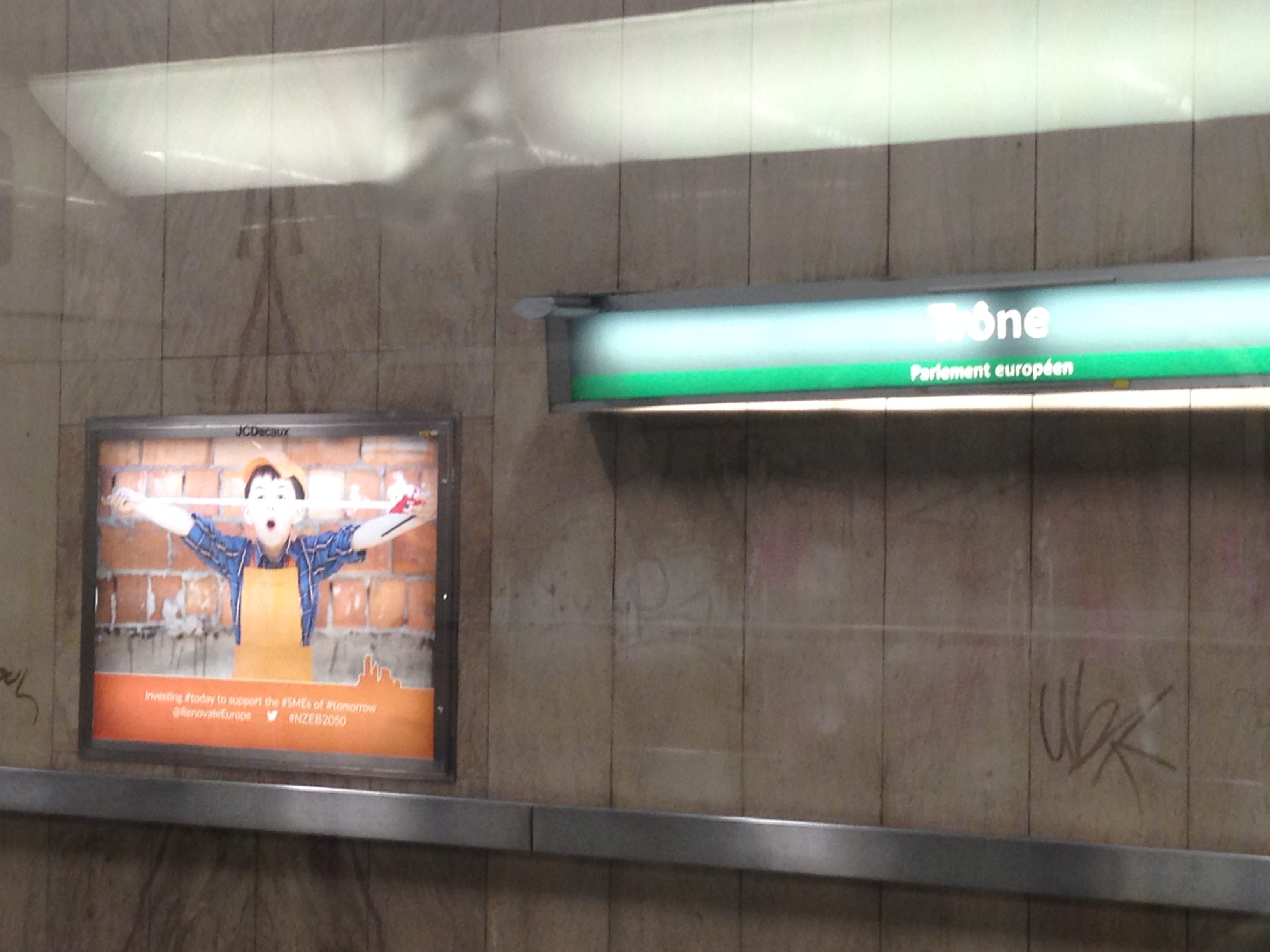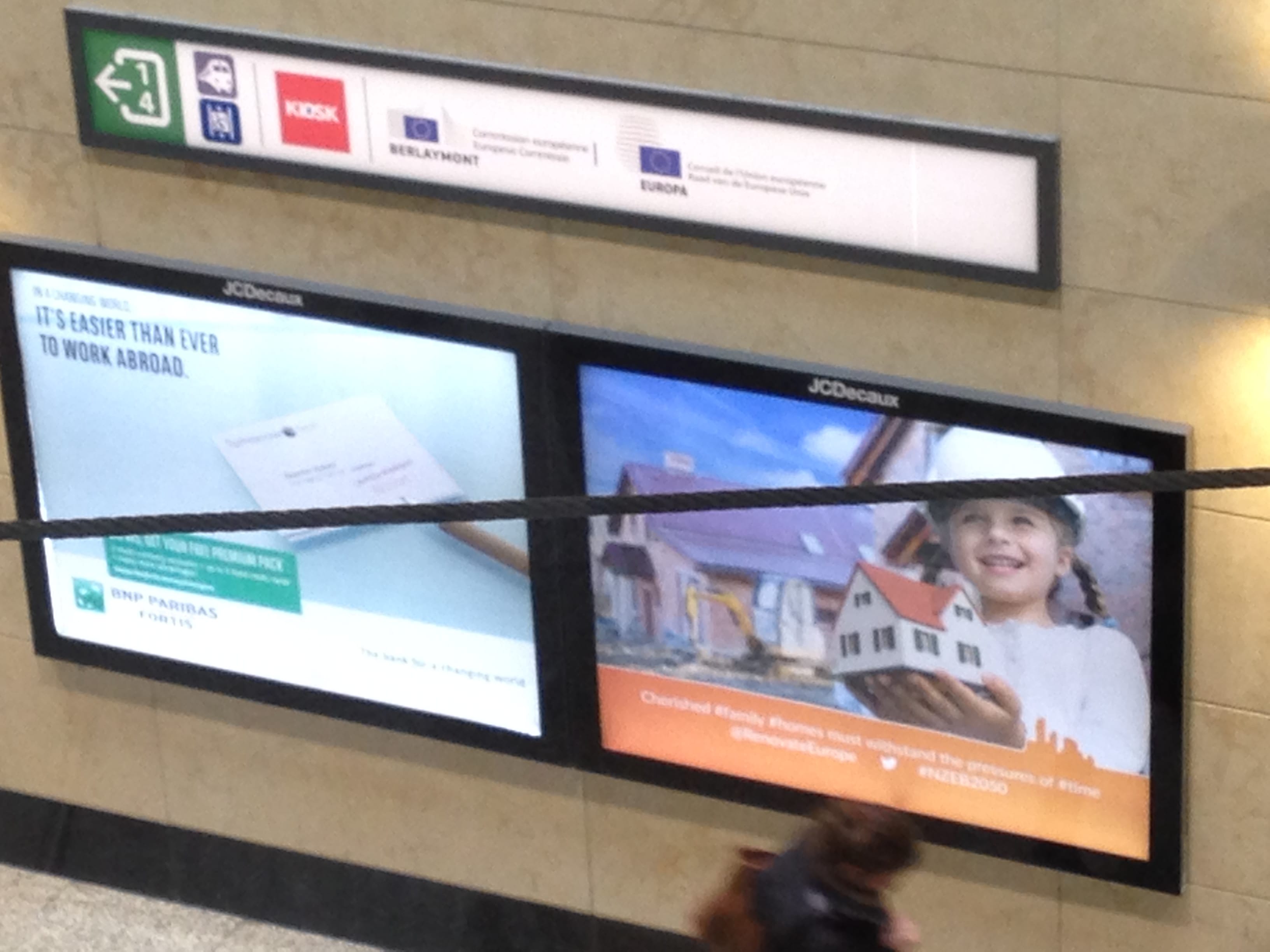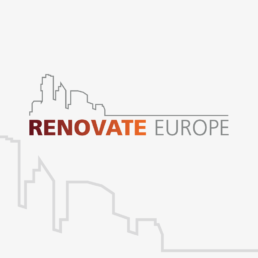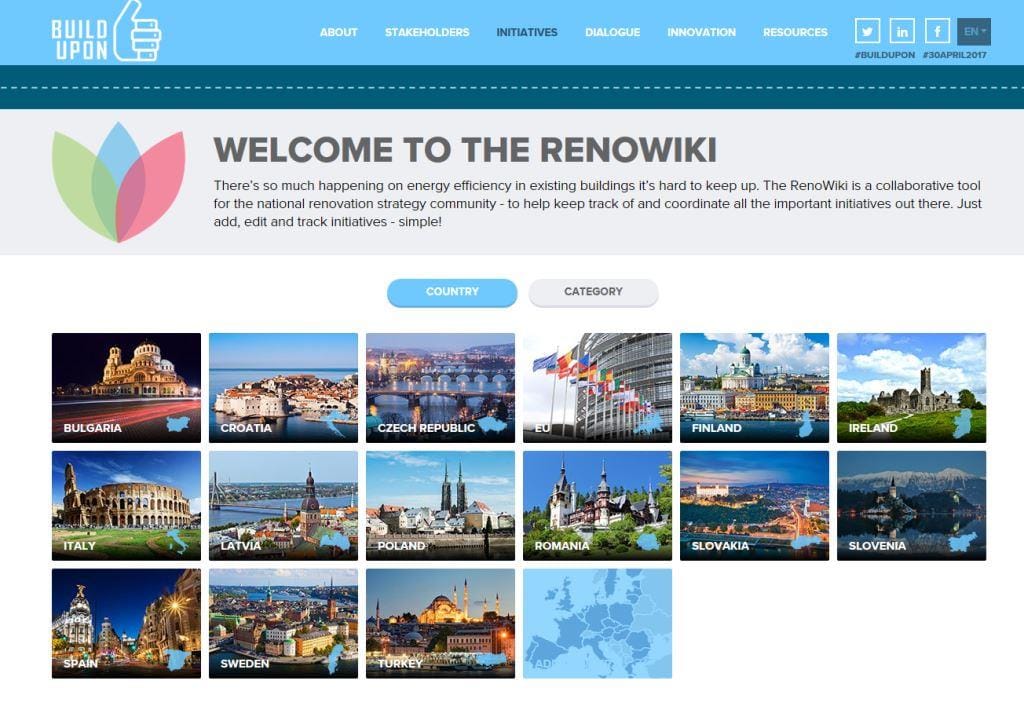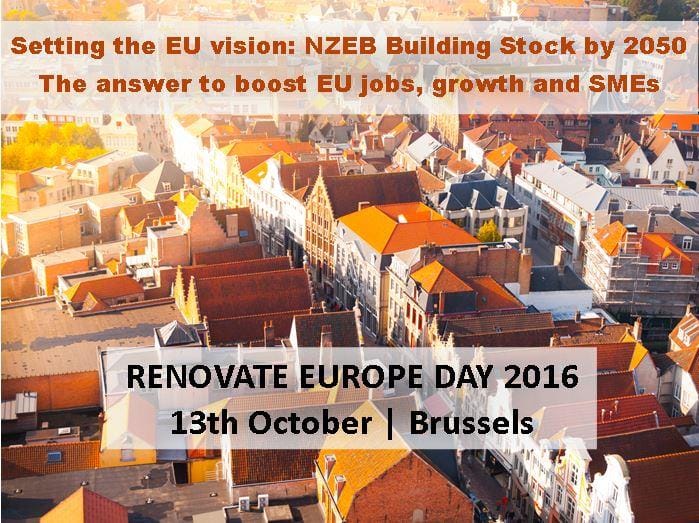Building Renovation Passports - Customised Roadmaps towards Deep Renovation and Better Homes
An overview of initiatives currently developed in France, Germany and Belgium, for building renovation passports, considered as Energy Performance Certificates 2.0, and perfect tools leading to better buildings performance and more comfortable homes.
In its most recent study, BPIE suggests to evolve EPCs into Building Renovation Passports. Based on three examples of “Building Renovation Passports” in the Belgian region of Flanders (“Woningpas”), France (“Passeport Efficacité Énergétique”) and Germany (“Individueller Sanierungsfahrplan”), building renovation passport are centred around the combination of technical on-site energy audits and quality criteria established in dialogue with building owners. The result is a user-friendly long-term roadmap that owners can use to plan deep renovations, gather all relevant building information in a sole place and get an up-to-date screenshot of the building across its lifetime, with information about comfort levels (air quality, better daylight entry, etc.) and potential access to finance.
The aim of this report is to provide an overview of initiatives currently developed: three of them were selected, in Flanders, France and Germany, all revolving around the concept of “building renovation roadmap or passport”. These initiatives were chosen for their advanced phase of development, as they provide a good overview of the process supporting the creation of a Building Renovation Passport and as they cover the main issues that need to be addressed for its development and implementation. In the three cases, public authorities have shown interest for this concept (France) and have supported or driven (Flanders and Germany) its development.
Section 1 explores the notion of “Building Renovation Passport”, introducing the concept, based on the three case studies. Section 2 presents the three main initiatives: a) the “individueller Sanierungsfahrplan” (individual renovation roadmap) in Germany, b) the Flemish “Woningpas” (Dwelling ID), and c) the “Passeport Efficacité Énergétique” (Energy efficiency passport) in France. Finally, section 3 outlines a series of recommendations for the introduction of building renovation passports across the EU.
Download the report here
REDay2016: Energy Renovation is the “people’s policy”
Renovate Europe held its sixth edition of Renovate Europe Day (REDay2016) on 13th October in Brussels, attended by over 100 participants and under the patronage of the Slovak Presidency of the EU, with a focus on how achieving an NZEB building stock by 2050 can boost EU jobs, growth and SMEs and increase benefits to EU citizens and businesses.
Ahead of the upcoming legislative proposals and on the back of the Paris agreement which relies on a significant scale-up of energy renovation in the EU, Renovate Europe Day highlighted how energy renovation is a topic which has a direct and tangible impact on EU citizens.
“Energy renovation is often dismissed as a technical topic, but it actually goes straight to the heart of every EU citizen. These are people’s homes, people’s hospitals, people’s schools we are talking about”, explained Adrian Joyce, Director of the Renovate Europe Campaign, “and these are people’s jobs and people’s SMEs that we are aiming to boost. We need a long-term vision of an NZEB building stock by 2050 in order to deliver on people’s expectations and improve their wellbeing”.
Legislation is the main driver for the renovation market, which needs a clear long-term vision to trigger investment. The revisions of the EPBD and EED offer the opportunity to enshrine a long-term vision in legislation, and to emphasize the need to prioritise the reduction of energy demand over decarbonisation, to ensure citizens reap the benefits. “Citizens will enjoy the benefits of a living in a highly energy efficient home because it will also be a healthy, comfortable home. A decarbonised leaky building will not deliver those benefits,” explained Adrian Joyce.
The motivation to achieve an NZEB building stock was clearly demonstrated at REDay2016 by first-hand contributions from four innovative models, already stimulating increased employment on the ground. Belgium’s RenoWATT set up a one-stop model including technical and financial support, motivated by the potential to maintain and/or create up to 16 000 jobs over the next 30 years if 60% of Wallonia’s buildings were to be renovated. Other examples included UK’s RetrofitWorks, based on a cooperative structure; an ESCO model in Croatia which undertook the deep renovation of an old hospital without disturbance to the patients; and France’s Picardie Pass Rénovation, whose tailored independent advice and financing solutions for owners has mobilised almost 650 local companies.
The European Parliament also showed its enthusiasm for applying EU legislation on a practical level in its own buildings (see Vice-President MEP Ulrike Lunacek’s video). The EP has called for achieving an NZEB building stock by 2050 in its recent Gierek and Pieper Reports.
The morning conference of REDay2016 was followed by visits of two renovation projects in the framework of the Bâtiment Exemplaires programme run by Bruxelles Environnement. Find out more about BatEx here.
#REDay2016 #NZEB2050 @RenovateEurope
Download the PPT presentations and more information about the event
END
Renovate Europe Posters in Brussels Metro
Look out for the Renovate Europe posters in the Brussels metro!
Renovate Italy Day 2016
Renovate Italy Day 2016 : 14 November, Milan, Italy
Find out more: https://renovate-italy.org/
Keep Track of Initiatives in Energy Renovation with Renowiki
There’s so much happening on energy efficiency in existing buildings it’s hard to keep up. The RenoWiki is a collaborative tool for the national renovation strategy community - to help keep track of and coordinate all the important initiatives out there. Just add, edit and track initiatives - simple!
Find out more on http://buildupon.eu/initiatives/.
Renovate Europe Day 2016 - Setting the EU Vision: NZEB Building Stock by 2050, The Answer to boost EU jobs, growth and SMEs
The EU’s major buildings regulations are coming under review this autumn with the Energy Efficiency Package. Let’s make 2016 the year of delivery for EU jobs and growth by enshrining a long-term vision for the EU’s leaky buildings in the Energy Performance of Buildings and the Energy Efficiency Directives. Contribute to the debate with the Slovak EU Presidency, key stakeholders and policy-makers at Renovate Europe Day 2016 (REDay2016), about how to set the EU vision to achieve Nearly Zero Energy Building (NZEB) standards by 2050 for the building stock.
REGISTRATION CLOSED

